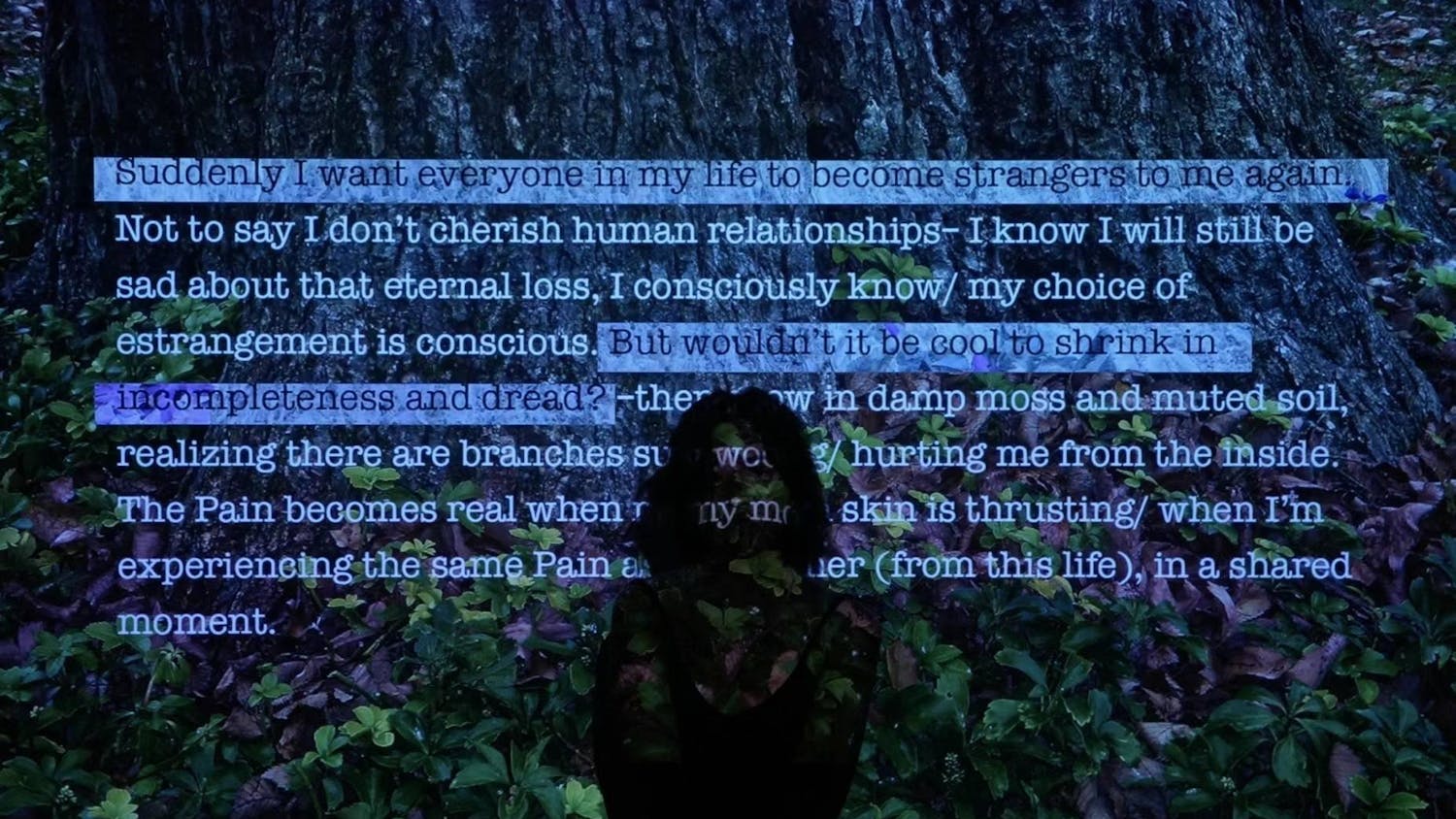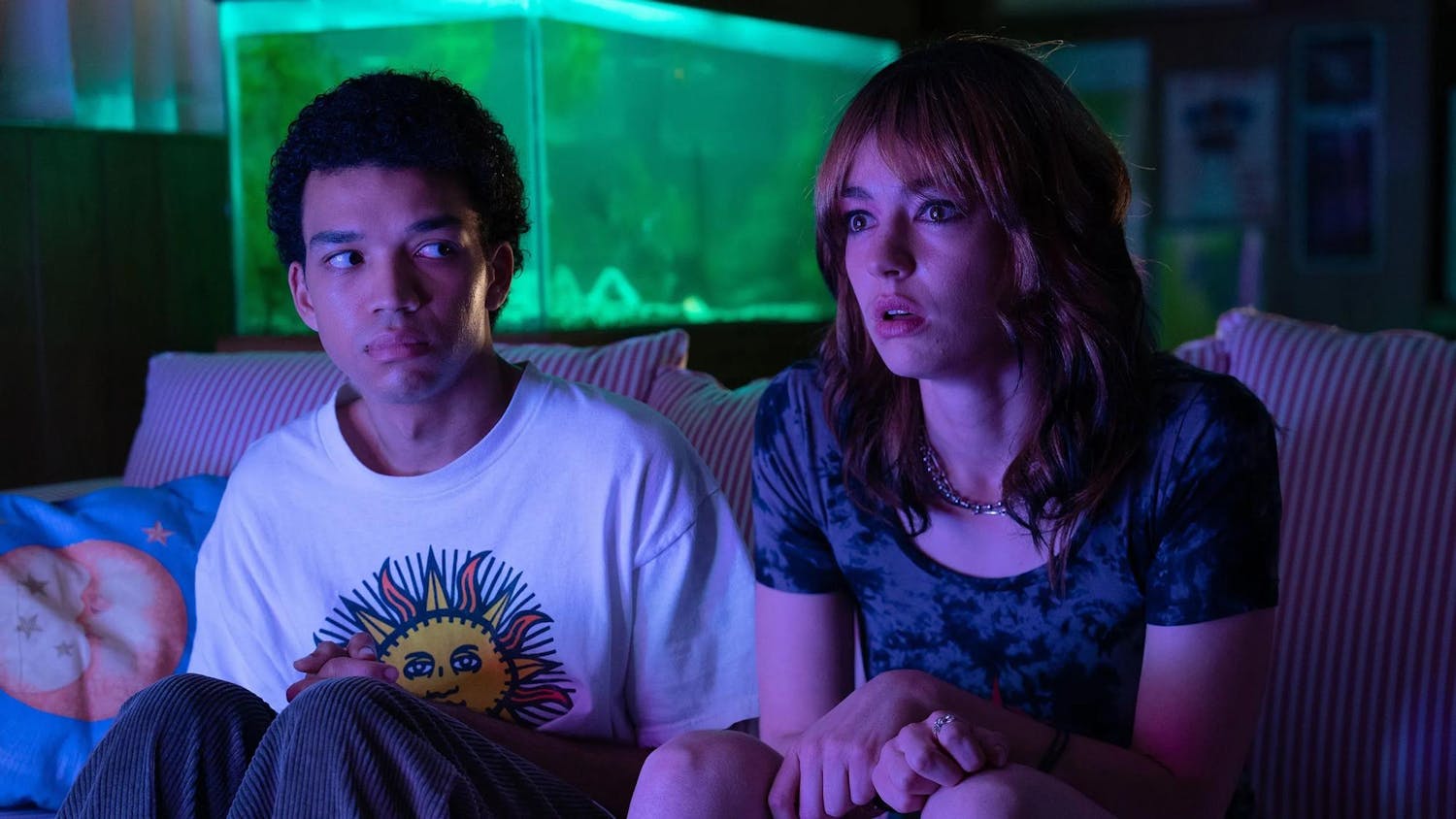Film festival CineBrasil’s fourth annual edition showcased five recently produced Brazilian films that dealt with a wide range of subjects. The festival, which ran from Sept. 22 to Sept. 24., has been hosted by the Portuguese and Brazilian Studies Department and the Watson Institute of International and Public Affairs since 2014.
The selection this year included docudramas and feature films alike, most of which were produced by independent film producers. “This is more of a showcase of recent Brazilian film productions,” said Pedro Lopes de Almeida GS, a curator of the film festival. “We are not bound by a theme, we just want to show what’s going on, what’s being released and produced in Brazil.”
“We have the film ‘Araby,’ which is like a road story, but it’s also a blue-collar worker story, but it’s also a love story, in some ways,” said Chloe Hill GS, another curator of the film festival. “We have ‘Jonas and the Backyard Circus,’ which is a sweet film about a young boy who was born into a circus family, but … it’s kind of a coming-of-age story. ‘Fresh Cutz’ is about three different barber shops. … It’s really cool and it’s really fun and it’s really contemporary. And then (there is) ‘The Third Shore,’ which is a look at a specific indigenous community within Brazil and that community’s relationship with the white Brazilians,” she added.
Though the films are Brazilian, the themes they deal with are universally relatable, according to Hill. “Fresh Cutz” is a socially engaged documentary, but it also deals with personal issues. “It’s about personal style and how you represent yourself. … What does your haircut mean about who you are? I think it speaks to us on many levels, both micro and macro, and personal and universal,” Hill said.
“Reaching out to the producers, that’s probably the largest bulk of our work. And getting their approval to screen movies,” Lopes de Almeida said. Brazil has no large distributor of movies, so “most of the films are what we would call independent movies. … It’s a very small crew, one producer, small budget, and it’s very hard for them to cross the borders and get to the US,” he added.
“Another thing we spend a lot of time doing is thinking about who we want to invite to speak about these films afterward,” Hill said. “I think most people know Brazil through its music. … We wanted to show something else that is just as visceral and not only show it but create this community that would engage with the film, talk to us (and) ask questions,” she added.
A thoughtful discussion followed the screening of “Fresh Cutz,” led by Watufani Poe GS. Poe commented upon the conversations observed within the barbershops in the film, which ranged from being deeply personal to social issues. Occasionally, the dialogue turned problematic. Slurs were used, and “there were also moments — messed up moments — where … folks were talking about … where to buy a gun. Or talking about violence against women,” Poe said. These barbershops represent imperfect spaces of resistance, he said. “I think that the filmmaker made so much space for thinking through these questions,” Poe added.
The way social issues and race relations were brought up in “Fresh Cutz” presented thought-provoking insight into the way Brazilian people interact with such issues. “We have all these kinds of ways that we talk about race in Brazil … but it’s important to see how people are talking about race in their communities in an everyday way,” Poe said.
“For me, it was especially the fact that those barbershops … were spaces of male to male vulnerability,” said Abner Santos GS, who attended the screening of “Fresh Cutz.” “And I think this is an important role. … In those places … they feel free to be open and (talk) about their weaknesses … (and) about their pain, even if it’s emotional pain.”
But the spaces weren’t perfect, because “they are part of a greater narrative of being male, of sexism (and) many other problems,” Santos said. “But it still feels like it’s such an important place for them to have, in which they can open up, and in which they can be vulnerable.”





